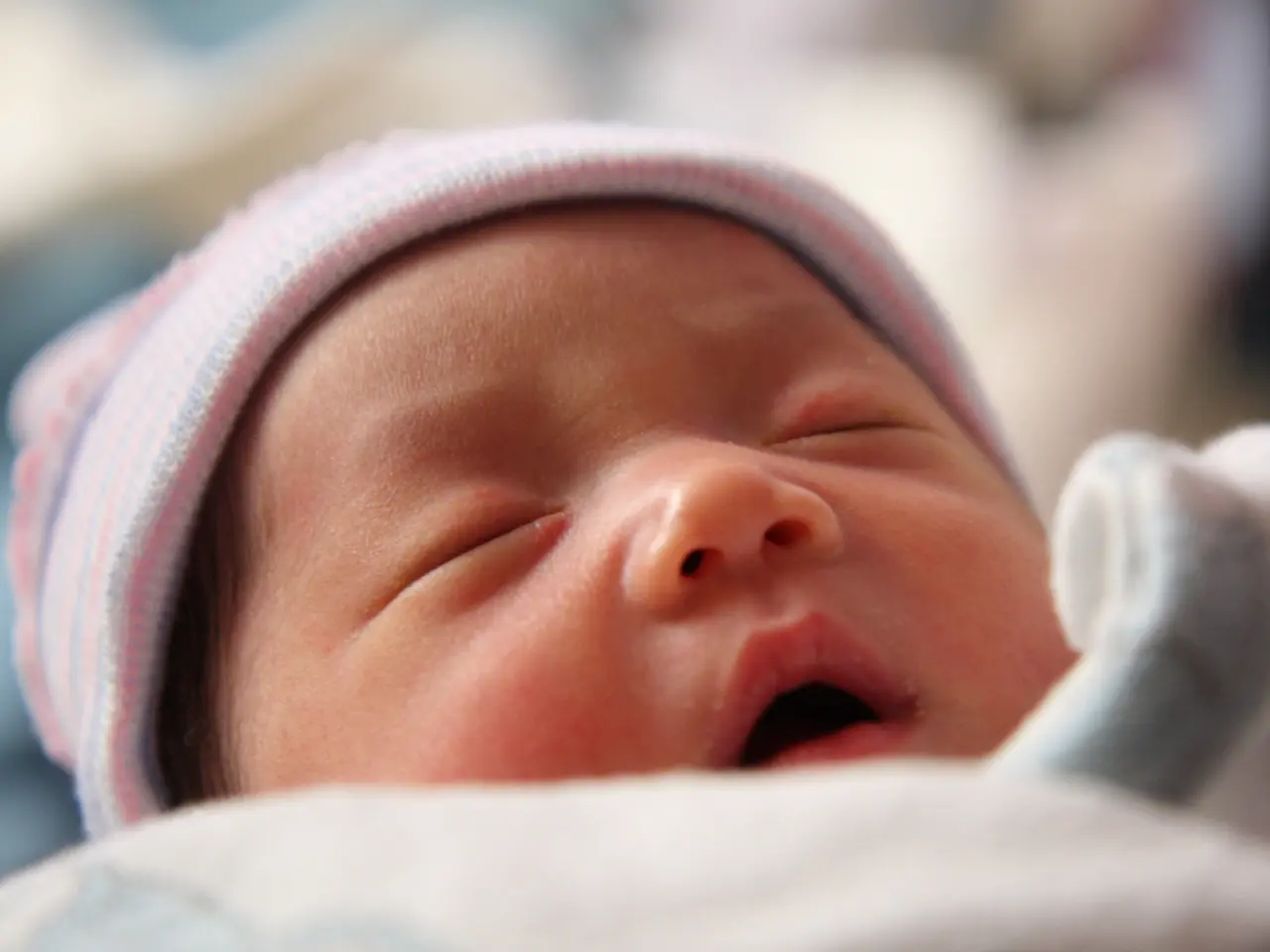Troubling Mornings and ADHD: Strategies and Insights for a Smoother Start to the Day
People with Attention Deficit Hyperactivity Disorder (ADHD) often face persistent problems with waking up and sleep issues. A doctor can assess these symptoms and identify possible causes, offering a personalized approach to improve sleep quality and morning waking.
Effective strategies include maintaining a consistent bedtime, engaging in physical exercise during the day, and optimizing the sleep environment. This may involve using tools like white noise machines, blackout curtains, and controlling bedroom temperature to create a cool, dark, and comfortable sleeping space.
Relaxation exercises, limiting screen time before bed, and avoiding the snooze button are also beneficial. Collectively, these approaches tend to be more effective than any single strategy alone.
Sticking to a regular sleep schedule is moderately effective, helping regulate the body’s internal clock. Daytime physical activity improves sleep onset and quality, while environmental adjustments are rated quite effective. Sleep hygiene practices, such as winding down with a warm bath, dimming lights, and using relaxation techniques, are also recommended.
Avoiding the snooze button is crucial, as it prevents disruption of deep sleep cycles and improves morning wakefulness. Managing ADHD-related internal distractions by writing down tasks and allowing movement breaks can indirectly support better nighttime sleep quality by lowering daytime stress.
Supplemental interventions, such as melatonin and some prescription sleep medications, show moderate effectiveness but lower ratings than behavioral and environmental strategies. Caffeine reduction and Cognitive Behavioral Therapy for Insomnia have mixed or lower effectiveness in ADHD populations.
A doctor may ask people to keep a sleep diary to track symptoms and the times they go to sleep and wake up. In severe cases, they may refer people to a sleep center to monitor activity in the body as a person sleeps.
It's important to note that potential causes of sleep problems can include medication or mental health issues. Around 75% of children and teenagers with ADHD, and 80% of adults with ADHD also have a sleep disorder. People with narcolepsy are twice as likely to have an ADHD diagnosis in childhood.
Sleep-disordered breathing (SDB), restless legs syndrome (RLS), circadian rhythm sleep disorder, insomnia, and narcolepsy are sleep disorders that commonly co-occur with ADHD. Insomnia is more common in children and adults with ADHD compared with people without ADHD.
Delayed sleep phase syndrome (DSPS) is a common circadian rhythm phase disorder in people with ADHD. People with DSPS have a delayed bedtime of 2 hours or more than the recommended bedtime for their age.
To help children with ADHD, it's recommended to set up a positive bedtime routine, such as ensuring they go to bed at the appropriate time for their age, implementing a relaxing bedtime routine, limiting screen time before bed, and making sure their bedroom is cool, dark, and comfortable.
Creating a morning routine for children with ADHD, discussing with children what they need to do in a clear way, praising them for practicing good habits, breaking tasks into small steps, creating a plan or checklist, focusing on essential tasks, and creating a reward system can also be beneficial.
Once a doctor identifies the underlying cause of difficulty waking up, they can help develop a suitable treatment plan. Dietary and lifestyle changes, such as limiting caffeine and alcohol or eating a smaller meal in the evening, can help people wake easier.
In conclusion, a multifaceted, individualized approach combining consistent routines, environmental control, physical activity, and relaxation strategies is most effective for supporting better sleep and easier waking in people with ADHD.
Nutrition plays a role in sleep quality as dietary changes, such as limiting caffeine and alcohol or eating a smaller meal in the evening, can help people with ADHD wake easier.
Sleep disorders, like insomnia, circadian rhythm sleep disorder, sleep-disordered breathing (SDB), restless legs syndrome (RLS), and narcolepsy, are commonly co-occurring with ADHD.
Mental health is interrelated with sleep in people with ADHD, as around 75% of children and teenagers with ADHD and 80% of adults with ADHD also have a sleep disorder. People with narcolepsy are twice as likely to have an ADHD diagnosis in childhood.




